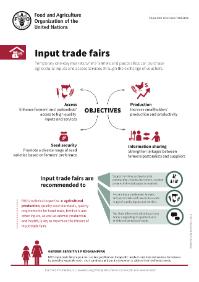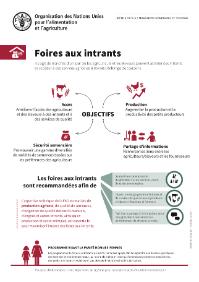Policy Brief on LIFTs market development intervention in the rural land rental sector
This policy brief outlines the positive impact that formalisation has on smallholder farmers;particularly the vulnerable;and presents the work that LIFT is doing..This resource was published in the frame of the Land Investment for Transformation (LIFT) Programme. For more information;please check: https://landportal.org/community/projects/land-investment-transformation...








